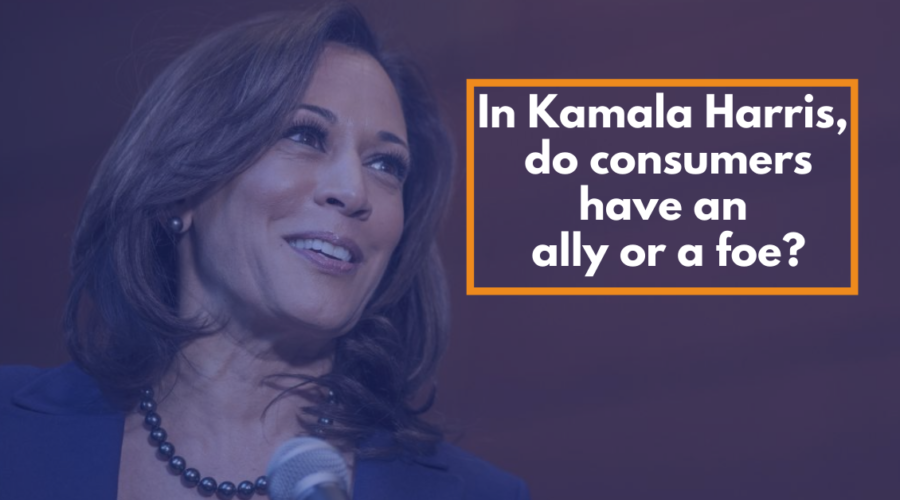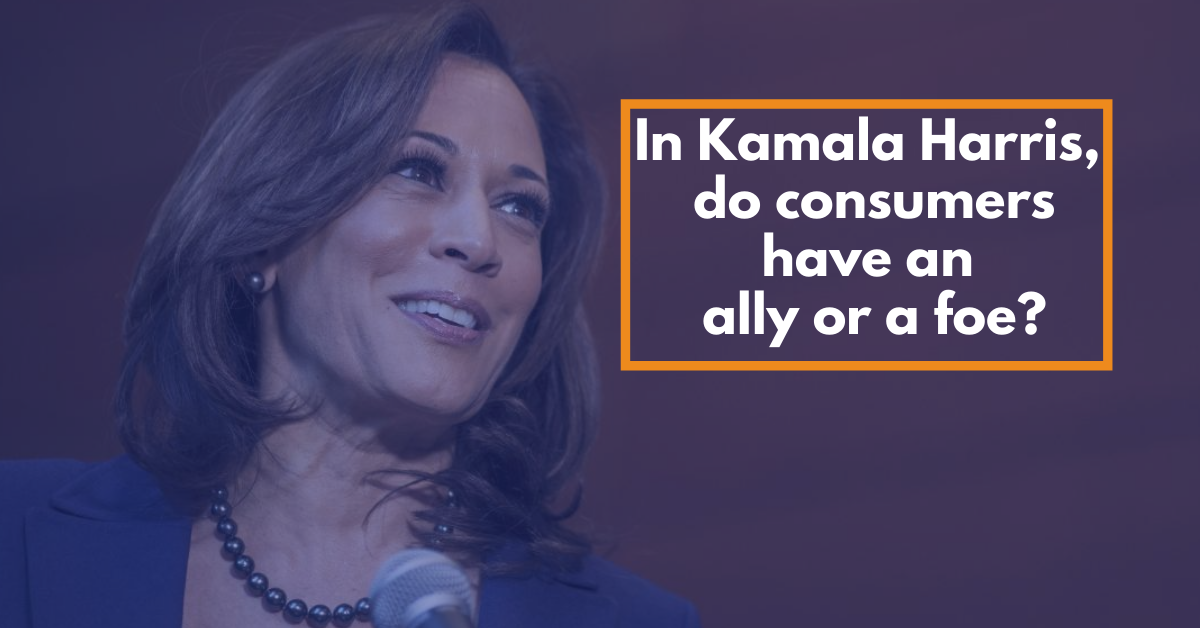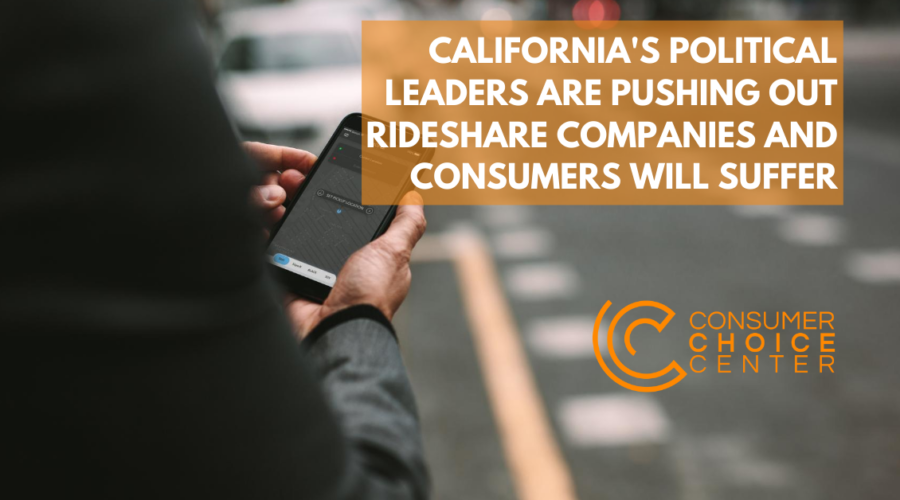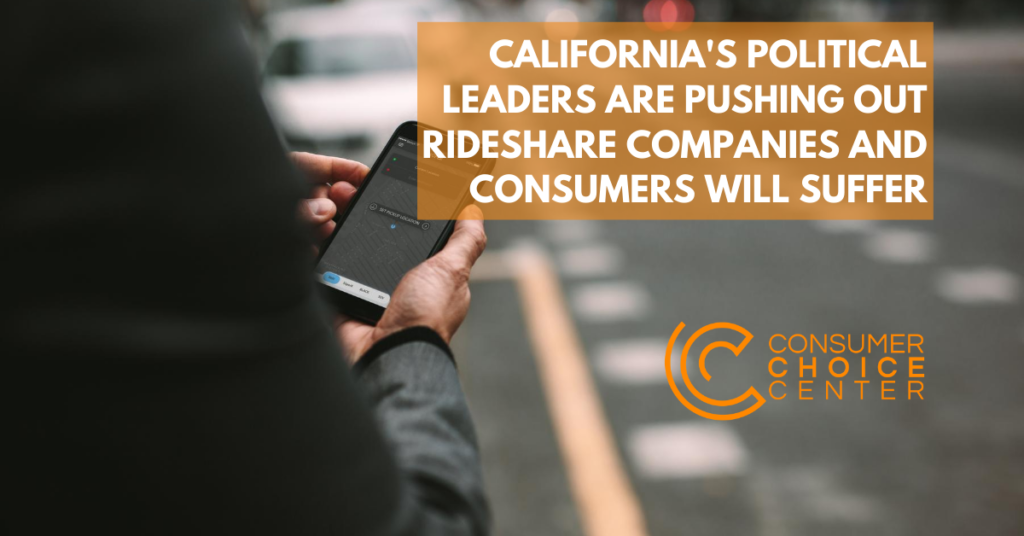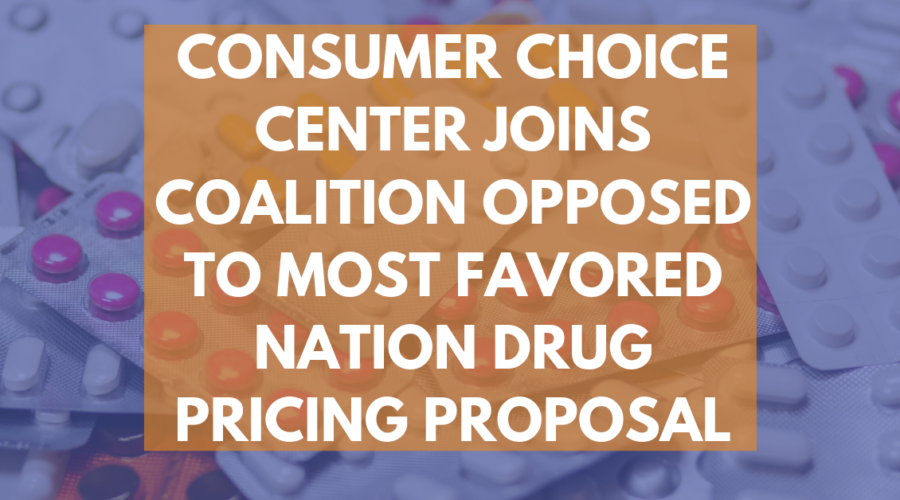Scrapping Public Health England should only be the beginning
Scrapping Public Health England, a body with the ambition of nannying every Brit, is a significant step towards enhancing personal responsibility and allowing greater freedom. But there’s much further to go.
The UK government should drastically change its approach to healthcare and lifestyle regulations to create an enduring change. With 320,000 confirmed cases of Covid-19 across the country and close to 41,000 dead, there is an urgent need to find a scapegoat. PHE is problematic for many reasons, but it is hardly the root of the UK’s failed Covid response. Enormous centralisation and bureaucracy, on the other hand, are what the UK government needs to do away with. The response to the pandemic gives us clear examples.
It took the UK over six weeks to catch up with other developed countries’ testing capabilities. Germany’s decentralised and private laboratory network had already tested over two per cent of its population while the UK had tested a meagre 0.7 per cent. Britain’s centralised testing system, and its failure to scale up Covid-19 tests, might help explain part of the mortality gap between the two countries.
Testing, as we have learned, should be decentralised, which makes it more easily accessible to all groups of the population. The US government failed to stop the pandemic early on for a similar reason. The Food and Drug Administration (FDA)’s initial regulations prevented state and private labs from developing their own coronavirus diagnostic tests.
During the crucial weeks of February and March, it was only possible to get tested for Covid-19 in the US at the Centre for Disease and Control (CDC). The consequences were devastating. As a result of a massive shortage of tests, many undetected cases speeded up the spread of Covid. On 29 February, the US government allowed private labs to begin developing their own tests.
On 16 March, the procedure was decentralised further, making it possible for commercial manufacturers to distribute and labs to use new commercially developed before obtaining an FDA’s Emergency Use Authorisation (EUA). Not long after the red tape had been cut, private labs went on developing tests that were notably more effective, allowing many more people to get tested.
The centralisation at the NHS has also contributed to its vulnerability towards external shocks such as Covid-19. Decentralised hospital systems that promote private competition and patient choice have proven to be much more resilient, as Germany’s system demonstrates.
With that in mind, introducing more market mechanisms in the NHS would not mean that patients would be denied care – you can have universal healthcare in a social insurance model too. Having more private hospitals does not necessarily lead to fewer hospital beds, but a better allocation of skills and resources. Indeed, it allowed Germany to scale up its ICU capacity, as well as keeping services such as cancer treatments and screenings open in different locations.
Another reason not to get overjoyed about the season finale of the Public Health England’s reign is that it would continue to deal with the agency’s other non-Covid public health work, such as obesity policy, until the spring. Boris has set out to introduce radical anti-obesity measures, and there is every reason to expect the PHE will contribute its most poisonous ideas to that debate. One last time.
While free-marketers like me have been cheering the fall of the PHE with sugary milkshakes and burgers, health secretary Matt Hancock announced that nannying will be “embedded right across government… and in the work of every single local authority. We will use this moment to consult widely on how we can embed health improvement more deeply across the board.”
Even without PHE, we need to look at health issues, such as obesity, through the prism of innovation, education and personal responsibility. PHE’s better health marketing campaign to promote a healthy lifestyle is just one part of Boris’ anti-obesity approach, which tells us that even without institutions such as PHE, nannying will likely continue to flourish. That’s where we need a fundamental mindset change, not just an institutional one.
Abolishing old agencies and setting up new ones often gives the impression that such actions will have a positive lasting impact on our lives. Unfortunately, that is not always the case. While it is tempting to think that merely putting an end to the PHE will help make the UK better prepared for health crises, it is naive, to say the least. Neither will it move the needle away from paternalism. But it’s a great start!
Originally published here.
The Consumer Choice Center is the consumer advocacy group supporting lifestyle freedom, innovation, privacy, science, and consumer choice. The main policy areas we focus on are digital, mobility, lifestyle & consumer goods, and health & science.
The CCC represents consumers in over 100 countries across the globe. We closely monitor regulatory trends in Ottawa, Washington, Brussels, Geneva and other hotspots of regulation and inform and activate consumers to fight for #ConsumerChoice. Learn more at consumerchoicecenter.org






